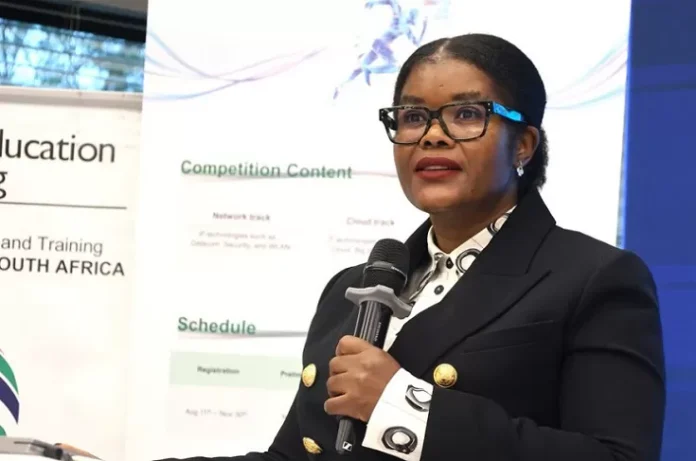The recent appointments made by the government to the Sector Education and Training Authorities (SETAs) have raised concerns among members of the opposition party. The party has warned that these appointments could potentially lead to the politicisation of the SETA, which could have detrimental effects on the education and training sector in our country.
SETAs were established in 2000 with the aim of promoting skills development and training in various sectors of the economy. They play a crucial role in bridging the gap between education and the workplace, ensuring that the workforce is equipped with the necessary skills to meet the demands of the job market. However, the recent appointments made by the government have sparked fears that the SETAs may no longer operate independently and impartially, but rather be influenced by political agendas.
The opposition party has expressed concern that the appointments were made based on political affiliations rather than merit and qualifications. This could potentially lead to the SETAs being used as a tool for political gain, rather than fulfilling their intended purpose of promoting skills development. This is a worrying prospect, as it could result in a decline in the quality of education and training provided by the SETAs, ultimately affecting the overall growth and development of our country.
Furthermore, the party has also raised concerns about the lack of transparency in the appointment process. They have called for more transparency and accountability in the selection of SETA board members, to ensure that the most qualified and competent individuals are chosen to lead these important institutions.
The politicisation of the SETAs could also have a negative impact on the relationship between the government and the private sector. The SETAs work closely with employers and industry bodies to identify skills needs and develop training programs to address them. However, if the SETAs are perceived as being politically biased, it could damage the trust and cooperation between the government and the private sector, hindering the progress of skills development in our country.
The opposition party has urged the government to reconsider these appointments and ensure that the SETAs remain independent and free from political interference. They have also called for a review of the appointment process to ensure that it is fair, transparent, and based on merit.
In response, the government has defended the appointments, stating that they were made in accordance with the relevant legislation and regulations. They have also assured the public that the SETAs will continue to operate independently and fulfill their mandate of promoting skills development in our country.
While the government’s reassurances are welcomed, it is important to address the concerns raised by the opposition party. The SETAs play a crucial role in our country’s economic development, and any political interference could have far-reaching consequences.
In conclusion, the recent appointments to the SETAs have raised valid concerns about the potential politicisation of these institutions. It is important for the government to address these concerns and ensure that the SETAs remain independent and impartial in their operations. We must all work together to promote skills development and training in our country, and any political interference in this process must be avoided at all costs. Let us all strive towards a skilled and prosperous nation, free from political influence in our education and training sector.

